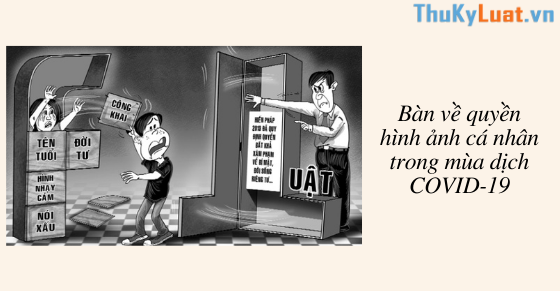Vietnam: New points on implementing measures to prevent and control COVID-19 in Ho Chi Minh City according to Directive 12
15:35, 23/07/2021
Directive 12-CT/TU has just been issued by Ho Chi Minh City Committee of Communist Party vừa được Thành ủy TP.HCM ban hành in order to tighten epidemic prevention and control measures in the city. When compared with Directive 16/CT-TTg there are some following new points:
90 lượt xem- Key word:
- Directive 16/CT-TTg
- Directive 12-CT/TU
Related Content
- COVID-19: Maintain suspension of contributions to the Retirement and Survivorship Fund in Vietnam
- Vietnam: Procedures for confirming the List of employees whose employment contracts are temporarily suspended due to Covid-19 in Ho Chi Minh City
- Isolation of the Entire Society: Only the Following Enterprises are Permitted to Continue Operations from April 1, 2020
- Documents and Procedures for Temporary Suspension of Retirement and Survivorship Fund Contributions for Enterprises Affected by Covid-19
- Guidance on Determining the Number of Employees Participating in Social Insurance Reduced Due to Covid-19
- Guidance on Tax Payment Extension Due to the Impact of the Covid-19 Pandemic
SEARCH ARTICLE
Related Article
-

- Vietnam: Discussion on personal image rights during ...
- 17:22, 22/07/2021
-

- Fines for susceptible violations during implementation ...
- 15:08, 08/07/2021
JUST UPDATED
-

- Notable new policies of Vietnam effective as of ...
- 16:26, 11/04/2025
-
.Medium.png)
- Notable documents of Vietnam in the previous week ...
- 16:21, 11/04/2025
-
.Medium.png)
- Notable documents of Vietnam in the previous week ...
- 16:11, 02/04/2025
-
.Medium.png)
- Notable new policies of Vietnam to be effective ...
- 16:04, 02/04/2025
-
.Medium.png)
- Notable new policies of Vietnam effective from ...
- 14:51, 21/03/2025
New text summary report
-
Real estate
-
Policy analysis
-
Legal Counselling
-
Case law
-
Forms and Templates
-
New text catalog
-
New Text Notification
-
Highlights of the week
-
Finance
-
New policy in effect
-
Labor - Salary
-
Officials and civil servants
-
Land - Housing
-
Tax-free-fee
-
Custom
-
Enterprise - Investment
-
Administration
-
Insurance
-
Civil
-
Set of Laws
-
News about Case Law
-
Economy
-
Life
-
Health
-
Cultural
-
Commerce
-
Military
-
History
-
Strange story
-
Criminal
-
Traffic
-
Education
-
Other
 Article table of contents
Article table of contents
